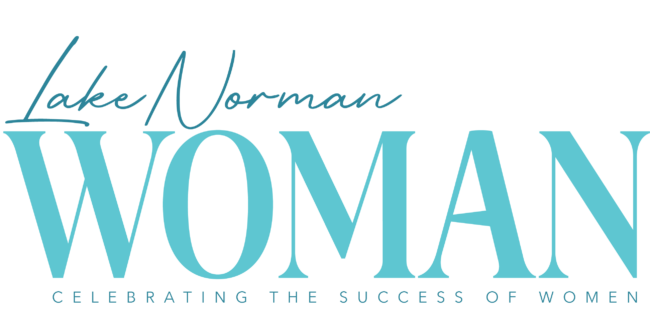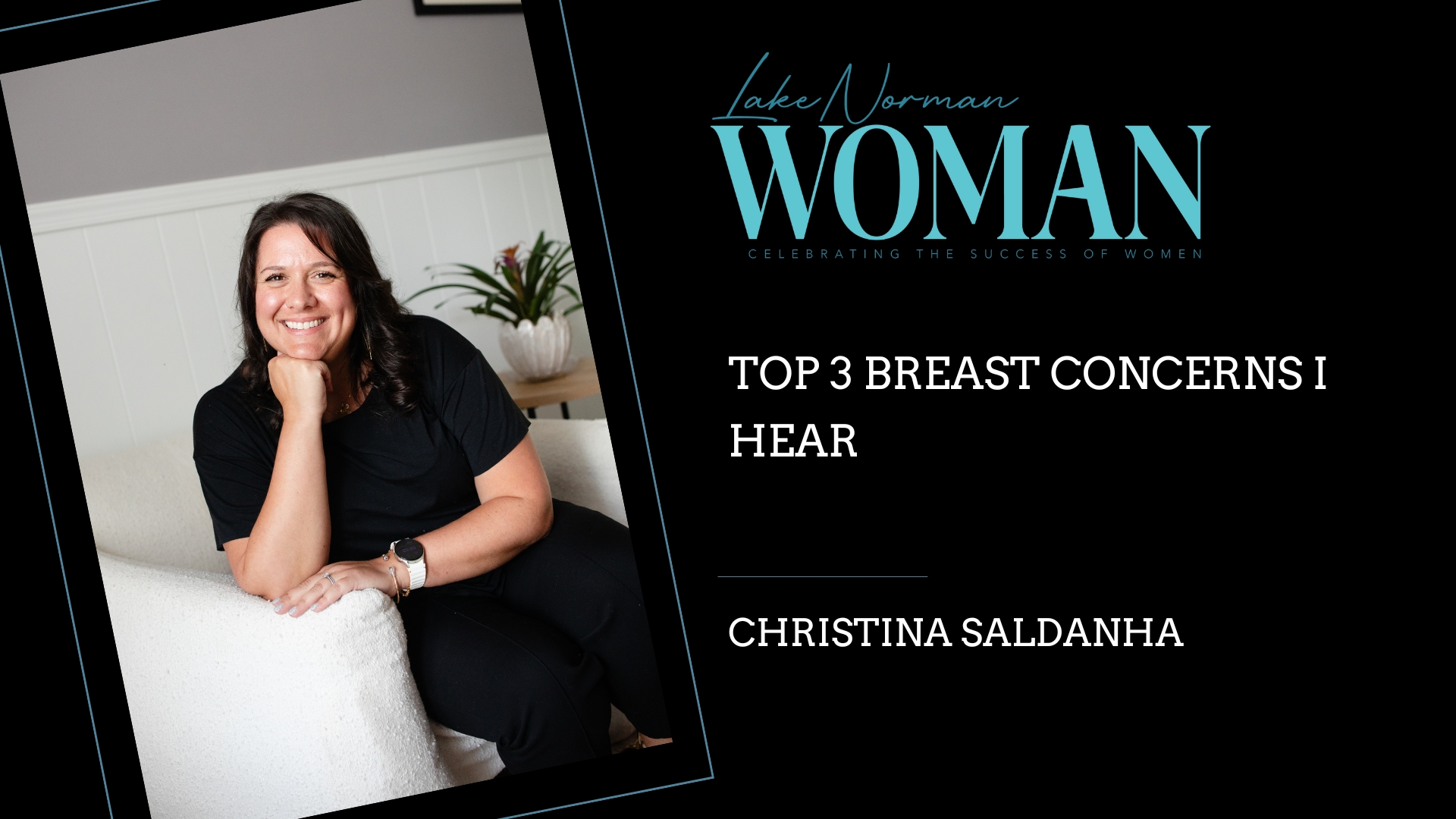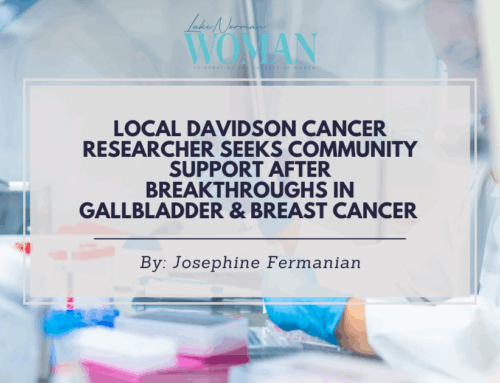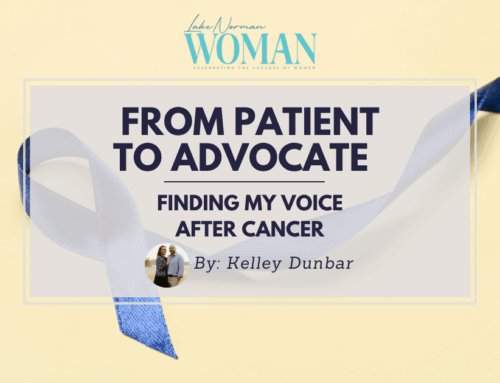Top 3 Breast Concerns I Hear
When it comes to breast cancer, patients often carry more questions than answers. Beyond the medical jargon and statistics, what they truly seek is clarity, reassurance, and guidance they can trust. In my practice, I’ve found the same concerns surface again and again—questions rooted in fear, hope, and the desire to make informed choices. Here, I’ll share the three top questions I hear most often along with compassionate, practical insights.
What is causing my breast pain?
Breast pain is so common! It affects 70-80% of women. A lot of women will be concerned there is something ominous going on, but almost always breast pain is a benign finding. Some reassuring signs are if the breast pain is on both breasts or accompanies more than a quarter of one breast; if the pain ebbs and flows and is not constant; and it is not accompanied by a mass or a bump. Some reasons for breast pain include chest wall injury or inflammation (costochondritis); hormone fluctuations with your menstrual cycle; side-effects of birth control medications or menopausal hormone therapies; shingles; strain on Cooper’s ligament; cysts; mastitis; referred pain from nerve root, gallbladder, or peptic ulcer disease.
What is the best screening test for breast cancer?
Mammography is the single best screening test for breast cancer. It is the only screening modality that has been shown to decrease breast cancer morbidity and mortality. It is the only imaging test that can pick up on subtle asymmetries in the breast and calcifications which are usually the first signs of breast cancer. Depending on your individual risk and/or your breast density, your healthcare provider may recommend supplemental imaging such as ultrasounds, abbreviated breast MRI, or full breast MRI. These supplemental tests are just that—they supplement the information given by mammogram. It’s important to know that thermography and ultrasound alone are not FDA approved for the detection of breast cancer. If you are worried about radiation from mammograms, don’t be. The amount of radiation you get from one mammogram is equivalent to the amount of radiation a passenger receives from a cross-country flight.
Does menopausal hormone therapy cause breast cancer?
The short answer is, we don’t think so. And by “think” I mean this is what was shown in the notorious Women’s Health Initiative in the early 2000s. This study showed that women who took conjugated equine estrogen alone (“estrogen”) had a decreased rate of breast cancer. Those who took conjugated equine estrogen and medroxyprogesterone acetate (“estrogen and progestin”) had a very slight increase in breast cancer, but this was not statistically significant. Furthermore, in the menopause community, we rarely recommend medroxyprogesterone acetate anymore. This is a very complicated subject, but in general many of us who are certified menopause practitioners understand the data to support that menopausal hormone therapy does not increase your risk of breast cancer above baseline. Two of the most well-established risk factors for breast cancer are alcohol consumption and no or low physical activity.
Christina Saldanha, owner/founder of Camel City Women’s Wellness, is a writer, speaker, and PA. She has been passionate about women’s healthcare her entire life—empowering women to take control over their mental, physical, and sexual health. Connect with Christina and the entire team at www.camelcitywomenswellness.com or 336.585.7312.






